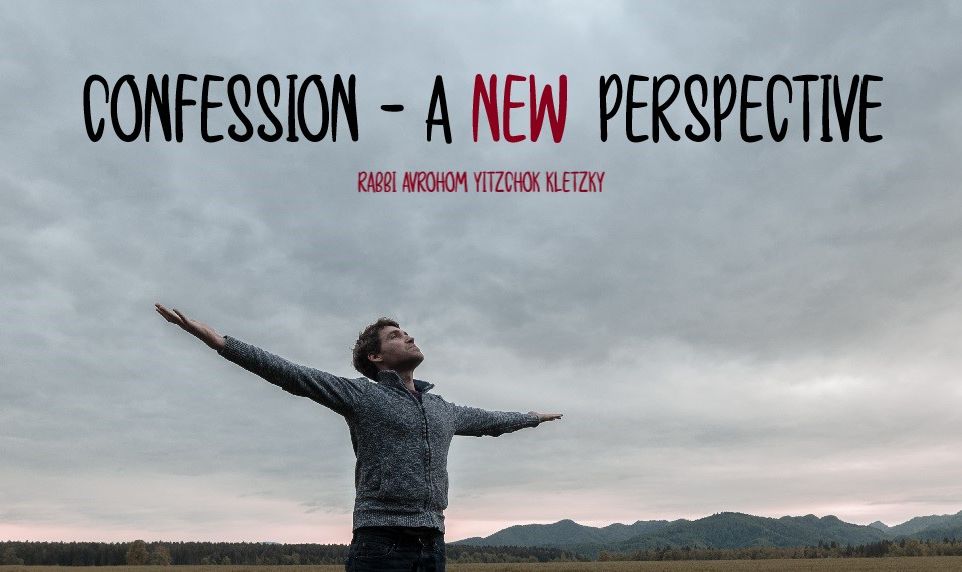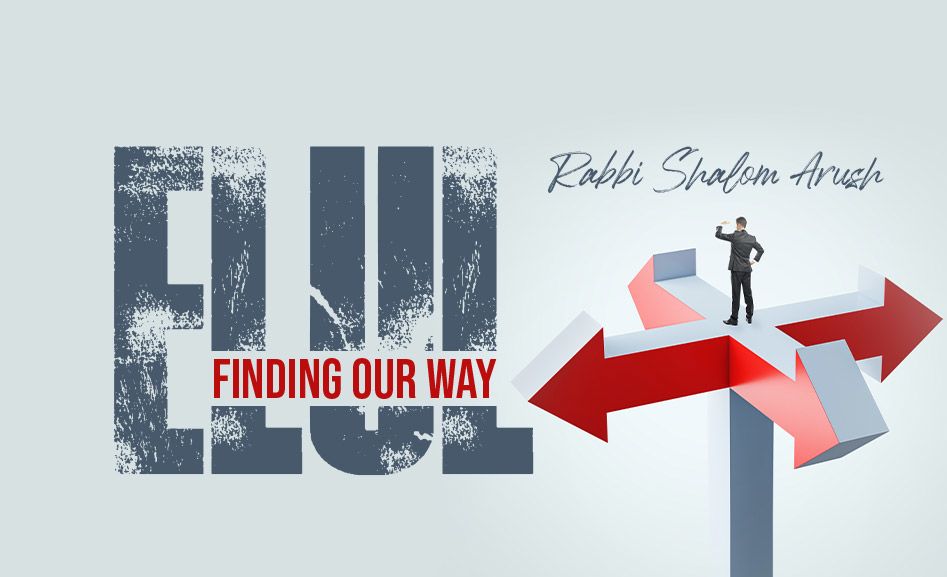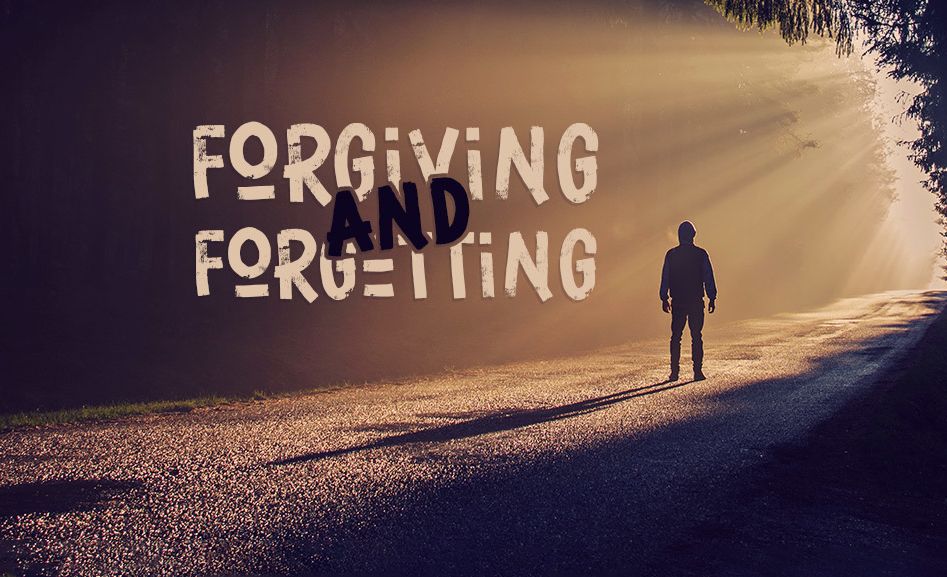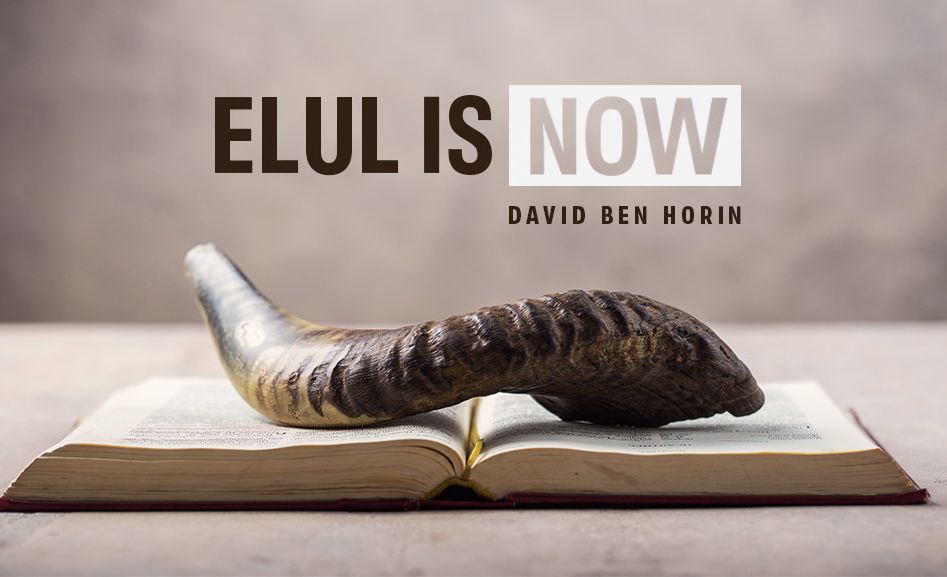
Confession: A New Perspective
Confession also encompasses simply telling Hashem about all the falls that we’ve gotten used to, to the point that we can’t imagine for ourselves living differently…

Translated by Aaron Yoseph
Question:
There are sins that a person transgresses every day without even considering it, like wasting time that could have been used for learning Torah, loshon hora (evil speech), not guarding one’s eyes sufficiently, depression and going after one’s appetites. How is it possible to confess about them when it’s very hard for me to commit on not doing them anymore? Furthermore, there are some sins that are hard to even have any sincere regret about…
Answer:
Confession doesn’t always take the form of expressing regret and accepting upon oneself to never return to  sin. Every prayer and request for spirituality and spiritual growth is a form of confession. Confession also encompasses simply telling Hashem about all the falls that we’ve gotten used to, to the point that we can’t imagine for ourselves living differently, and asking and begging for His help to help us get out of these behaviors and become accustomed to a life of holiness instead.
sin. Every prayer and request for spirituality and spiritual growth is a form of confession. Confession also encompasses simply telling Hashem about all the falls that we’ve gotten used to, to the point that we can’t imagine for ourselves living differently, and asking and begging for His help to help us get out of these behaviors and become accustomed to a life of holiness instead.
This is the practice that the Rebbe instructed us to do, day in day out – to sit before Hashem and tell Him about our spiritual situation, even if we ourselves can’t see any way of behaving differently, and even when we’re in a place where we can’t promise that we won’t stumble again. Even when a person’s lusts and yetzer hora (evil inclination) are burning within him, he should still confess this to Hashem. He can say, “Ribbono shel Olam (Master of the World), see how in the depths of my heart I do want to act differently. Help me. Save me. Show me a way to live differently. Renew my hope – take me out of the life I’ve become accustomed to, and out of the despair that this is how I’ll live the rest of my life.”
Every such prayer counts as a confession, and it has the power to extricate all the evil from our bones, and to purify all of our limbs, making them worthy of becoming nullified to Hashem’s will and vehicles for His sovereignty to rest upon. This is one of the Rebbe’s essential principles – he accustoms us to make teshuva, repentance, a constant and central focus of our lives. We are to confess again and again, and to pray and beseech Hashem to bring us close to serving Him.
This is exactly our task in these weeks that we’re preparing for Rosh Hashanah – to simply sit and tell Hashem about the situation of the exile we’re in – as a nation and as individuals. Similar to the prayers of Tikkun Chatzot (Midnight Repair) and the Kinnot (Lamentations), where we aren’t requesting anything, but rather lamenting about the situation; we tell it as it is, the sins and the falls. On the contrary, if one sees that he’s fallen so low as to become accustomed to living this way, even if he was guilty in this, he should lament and confess this itself, “Father! Look at where I am!” – this is confession.
Such a confession to Hashem is the beginning of setting things right. The “Three Weeks” were a preparation for Elul, when we go deeper into teshuva, with confessions and nullifying ourselves to Hashem’s sovereignty. In these days after the Three Weeks, all we have the strength to do is long for the light amidst the destruction, right in the place where we feel there’s no way to change. From here, we confess to Hashem, “I see the truth,” even though we may feel far from any feelings of wanting to change.
***
Courtesy of the “Gates of Emunah Publication”







Tell us what you think!
Thank you for your comment!
It will be published after approval by the Editor.